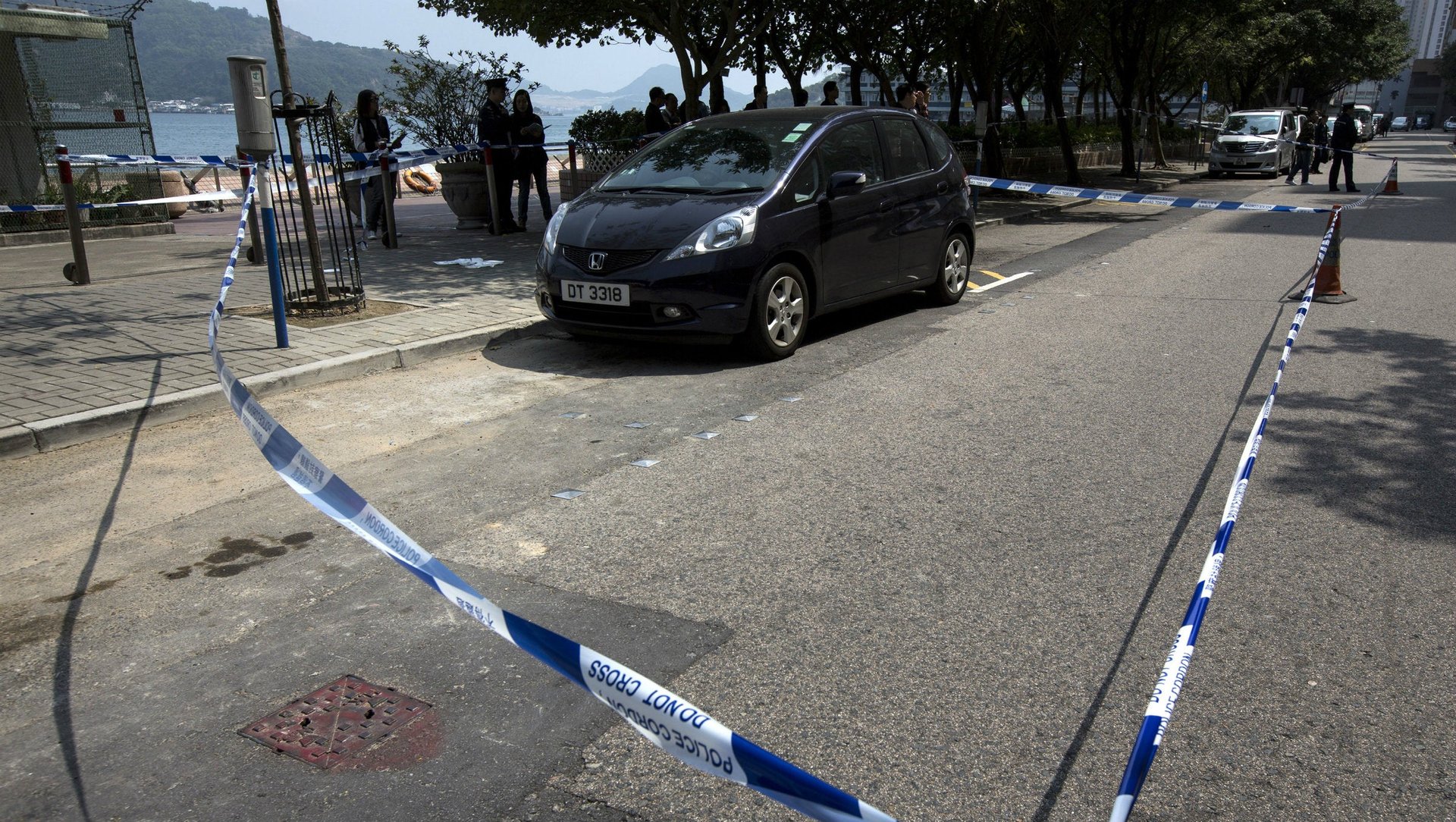Press freedom in Hong Kong has hit a violent new low
The ousted editor of an outspoken Hong Kong newspaper has been stabbed and critically injured, just three days after thousands of citizens demonstrated against his and other journalists’ firings.


The ousted editor of an outspoken Hong Kong newspaper has been stabbed and critically injured, just three days after thousands of citizens demonstrated against his and other journalists’ firings.
For years, the special administrative region of Hong Kong has been home to one of the most vocal, free press corps in Asia, despite mainland China’s strict press censorship. Hong Kong media have aggressively pursued stories of government corruption and human rights abuses at home and on the mainland, and foreign journalists have used Hong Kong as a base to report on mainland China during times when Beijing has restricted access.
But the attack on Kevin Lau, a former editor of the Ming Pao newspaper—known for investigating corruption and government abuses, and the only Hong Kong paper involved in a global investigation into Chinese elites’ offshore wealth—raises troubling questions about state of press freedom in Hong Kong. Hong Kong police said Lau, 49, was attacked by a man with a knife, who was then picked up by another man on a motorcycle. Police said that Lau did not report anything stolen and that he was conscious when taken to the hospital. Lau’s wife said he had been injured badly.
Local journalists say that pressure from Beijing, which largely spared Hong Kong media for years after the 1997 handover from Britain, has caused increased self-censorship and pro-Beijing management decisions at the city’s top publications. Earlier this month, vocal government critic Li We-ling was fired from a radio station. Lau was fired from the Ming Pao in January. And two Hong Kong publishers have now declined to publish a critical biography of Chinese president Xi Jinping: one was arrested during a trip to the mainland and the other received an anonymous phone call that the personal safety of the publisher and his family “couldn’t be guaranteed” if the book went ahead.
This year, Reporters Without Borders ranked Hong Kong 61st, or “partly free” in terms of media freedom, down from a ranking of 18th place in 2002.
Physical attacks on Hong Kong journalists have risen, the Hong Kong Journalists Association says. In 2012, there were 18 assaults (pdf, p. 8) on Hong Kong reporters, compared to one or two in most years. Out of 11 attacks that happened in Hong Kong, attackers were caught and punished in only two cases.